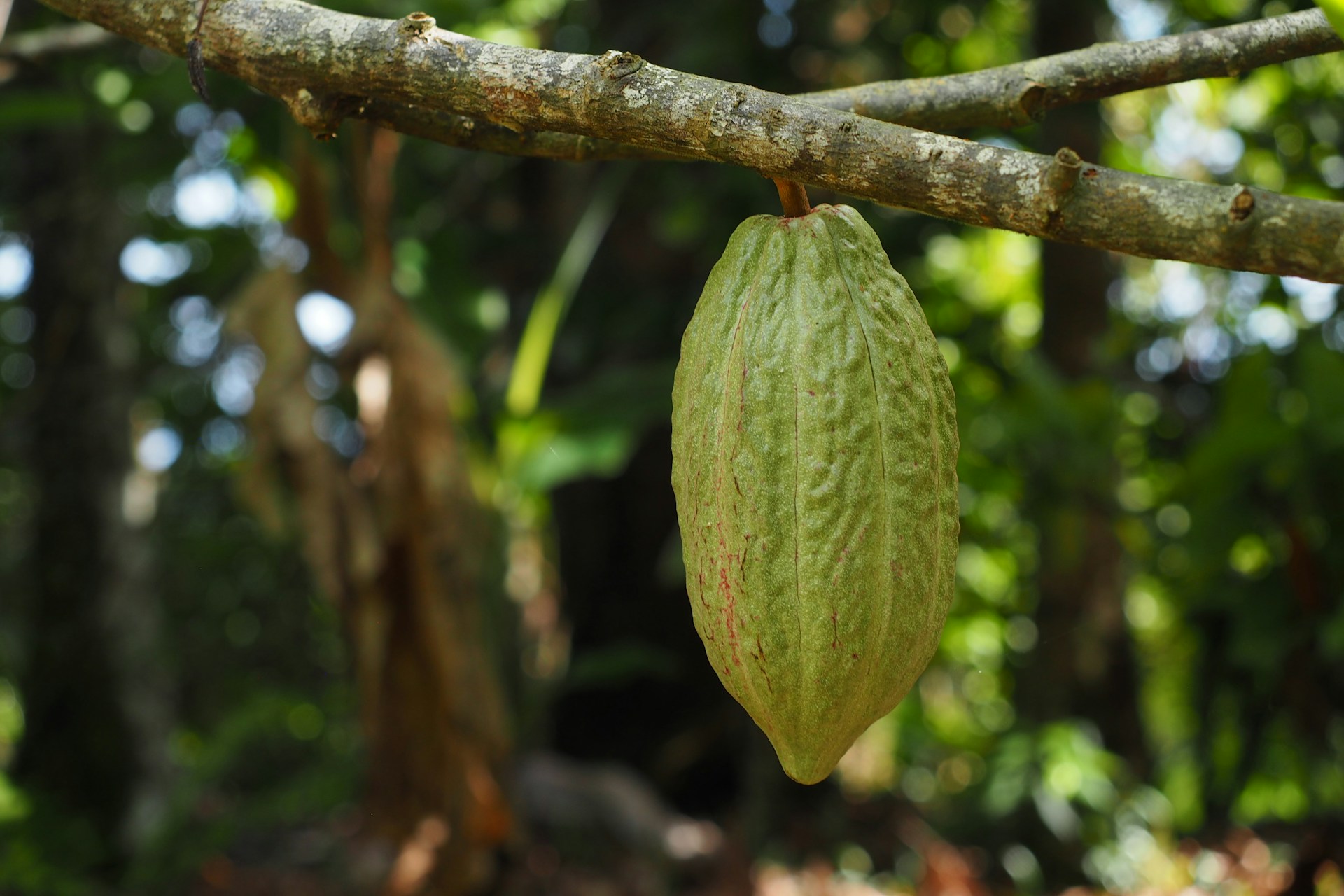The cocoa industry has been one of the most controversial for some time now, despite bringing happiness to many consumers. Despite the industry's success, its pillars are built on deforestation, unethical employment practices, and unsustainable demand growth.
The problem with cocoa production is much more complex and difficult to manage, but action is needed to help the environment revive and the people to live better lives. A thorough plan would be required for Côte d'Ivoire and Ghana, which are leading countries in cocoa production, and where most problems affect nature and the population.
Fortunately, an increasing number of sustainable cocoa businesses are supplying the product ethically, providing companies with the opportunity to make a positive impact on the issue. Here are the reasons why they choose sustainable suppliers.
They offer cocoa farmers a decent living income
In most cases, cocoa farmers are underpaid by businesses buying cocoa. Unfortunately, there’s a never-ending cycle that has led to this: many farmers accept less since they can be easily replaced by others, and the nature of their place of living makes it considerably difficult to earn an income through alternative farming methods.
However, organizations concerned with farmers’ quality of life and human rights prefer working with suppliers whose cocoa ingredients have been harvested and processed by farmers who receive fair pay and decent working conditions. Moreover, an increase in income can also support farming improvements, which is currently a significant issue since most workers earn less than one dollar a day.
They help counteract deforestation
Another issue with cocoa farms is the continuous deforestation. Farmers need to clear forests and fauna to plant cocoa trees, and in Côte d’Ivoire, this led to a loss of approximately 80% of forests and wildlife cover. Besides the shrinking levels of fauna, even wildlife is affected, as elephants are at risk of extinction.
Cocoa suppliers who care about the environment in these areas are acting to end deforestation. For example, Ofi leverages polygon mapping and end-to-end traceability to ensure farming areas are free of deforestation. In addition, they promote a regenerative approach to farming, as well as conservation on and around farms. Hence, they can contribute to regenerating landscapes and closely monitor progress.
They prefer farming without pesticides
The use of pesticides is like a double-edged sword. The increasingly warm climate is making pests more resistant to chemicals, so they have to use stronger products to protect the trees. On the other hand, this has a devastating effect on pollinators and a much more profound impact on nature.
An effective solution to drastically reduce pesticide use includes biological control of pests, which involves releasing living microbial agents that can effectively control pest populations. Still, this is a complex procedure that requires experts and technical knowledge of the local fauna and the effects of inundative biological control.
They rely on sustainable farming techniques
Traditional cocoa farming has been shown to damage ecosystems and be inefficient, which is why more suppliers are seeking to collaborate with farmers who employ alternative farming methods. Agroforestry is essential in this industry, particularly as it can support the regeneration of tree biodiversity. Currently, monoculture methods are the most damaging, as they grow only one crop at a time on specific fields.
A better solution would include integrating cocoa with a diversified agroforestry system, such as planting it under a canopy of shade trees (native hardwoods) to enhance soil moisture and reduce erosion. Another tip that handles soil fertility includes using compost for nutrients, planting legumes like beans to reduce the need for synthetic fertilizers, and applying organic mulch to suppress weeds.
They care about water conservation
Cocoa farming also requires a significant amount of irrigation for maximum yields, which can range from 10 to 20 liters per day per tree. The process involves the use of a drip system that makes farmers’ work easier, but sometimes they may need to supply the water in sufficient amounts, considering climate change.
Indeed, the cocoa crops also need high temperatures to grow, but when there’s drought in the area, the final outcome is much less than expected. Therefore, water conservation practices are important for maintaining moisture in the long term. Mulching and ground cover reduce evaporation on a larger scale, while tree shading helps preserve moisture. Additionally, rainwater harvesting would be essential for capturing and storing water for use during the dry season.
They research genetic diversity
Besides caring for the cocoa crops, maintaining genetic diversity is essential for long-term longevity. This strategy strengthens the plant against pests, diseases, and environmental changes, enabling it to withstand any unexpected transformations.
Improving genetic diversity means:
- Designing the fields to include disease-resistant and drought-tolerant varieties to sustain resilience;
- Breeding and seed selection based on every site’s specific conditions for improving the yields;
- Preserving wild cocoa types and cultivated species for an enhanced pool of breeding opportunities;
Can the cocoa industry change?
There are numerous concerning aspects in the cocoa sector that the general public has only recently become aware of. However, we hope that the future holds more activism for locals’ rights to decent pay and appropriate working conditions. Considering the massive size of the chocolate industry worldwide, improving this aspect is necessary to maintain its integrity.
What’s great is that customers choose to buy cocoa products from companies that can prove their innovative approach to production and manufacturing, so the demand moves towards ethical cocoa and products that safeguard the local environment and help people thrive. Therefore, there are opportunities for the cocoa industry to improve, but concerted efforts must be made by companies and their customers.
Final considerations
Planting, caring for, and preparing cocoa crops for manufacturing is a thorough and demanding process that has reached an unsustainable level. Local workers are not paid enough, and the lack of investment cannot drive the development of methods to counteract climate change. These, among other reasons, are why cocoa production decreased dramatically and prices soared. Luckily, a growing number of suppliers prioritize human rights, environmental protection, and research on water conservation strategies, which is why businesses work with them.














